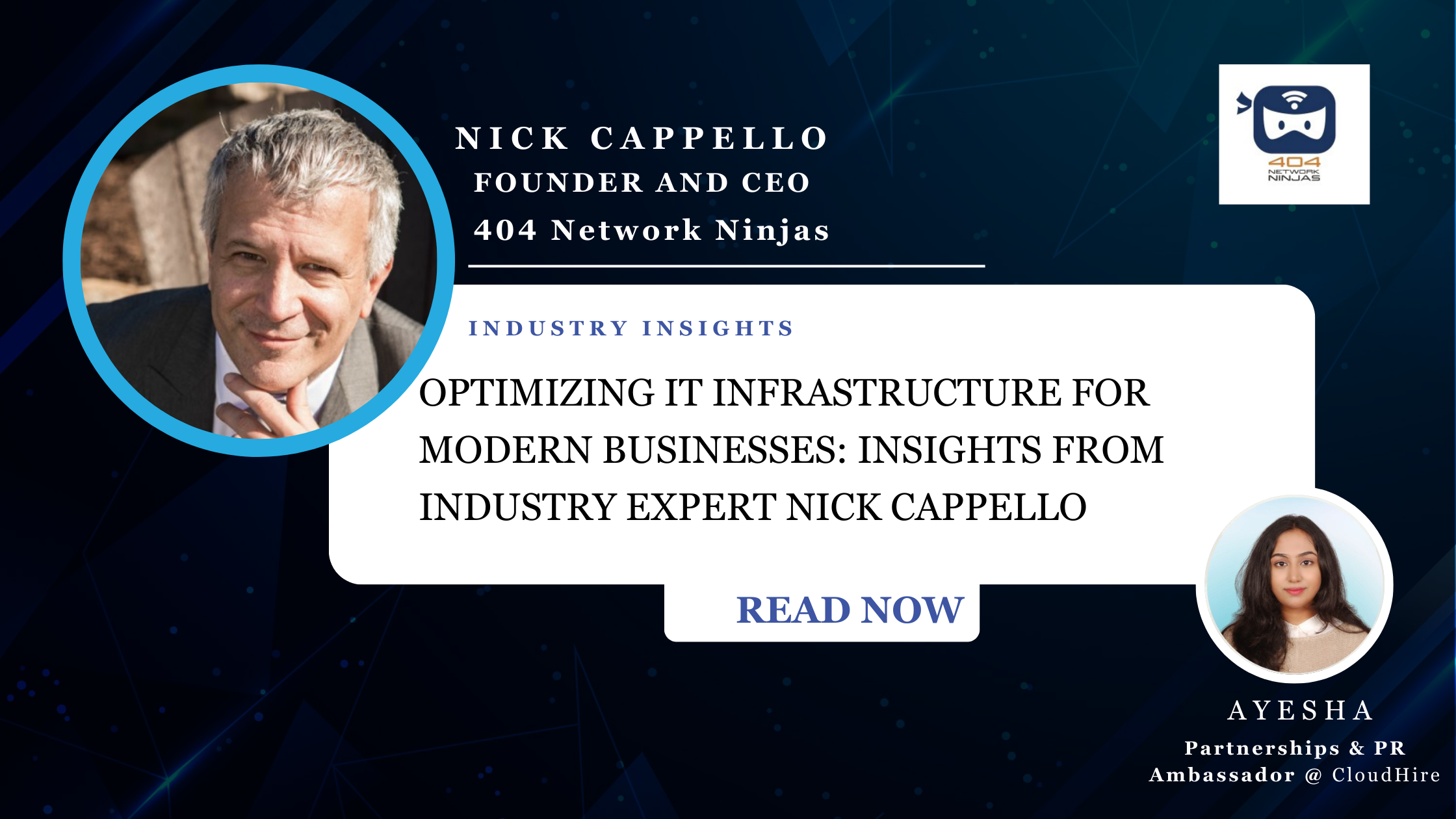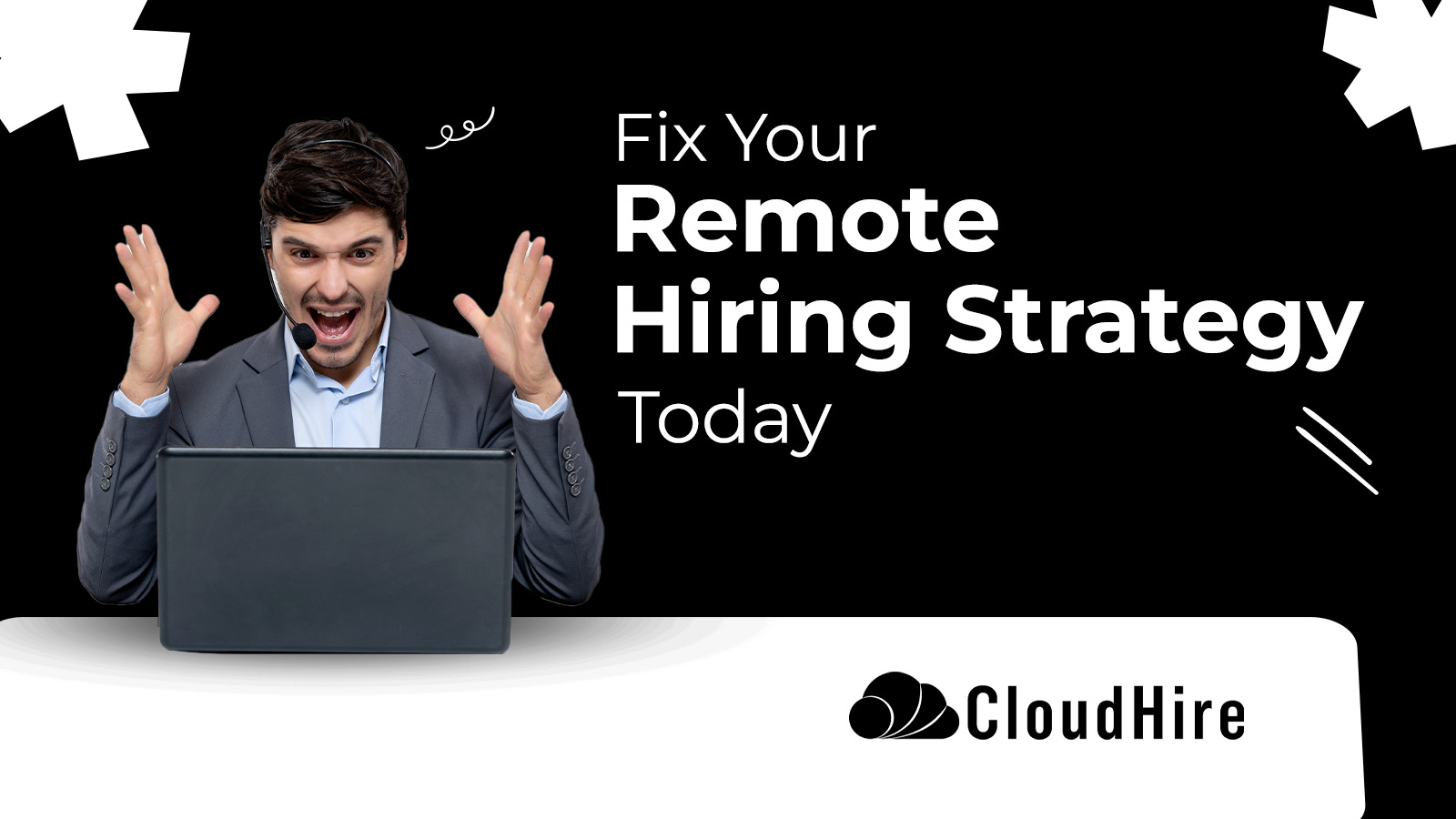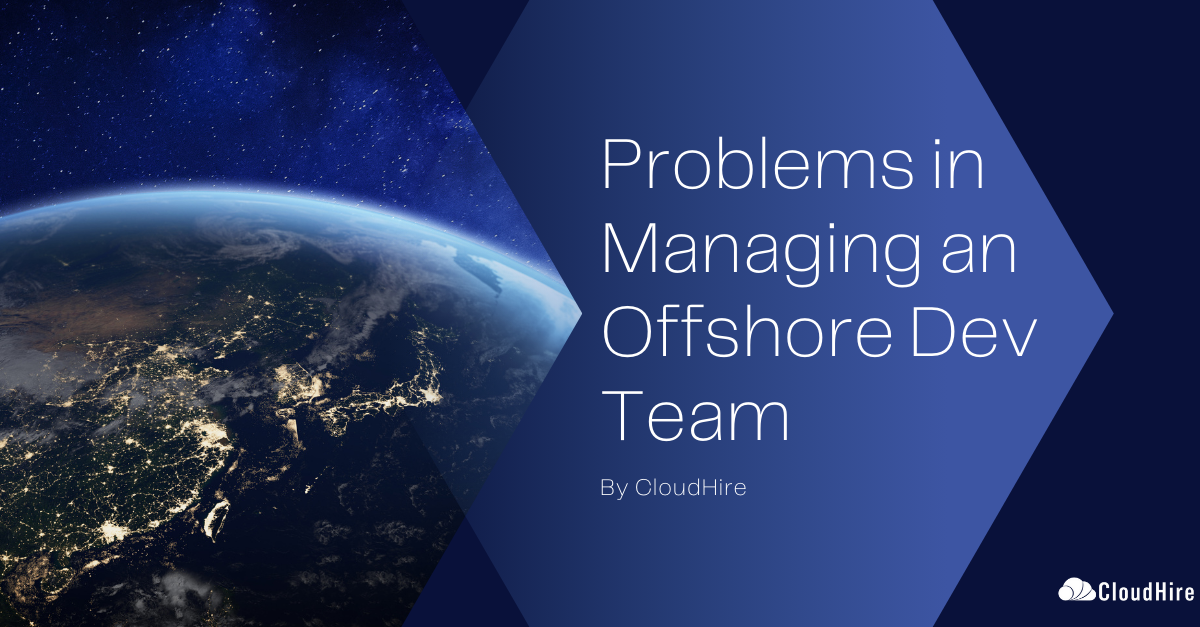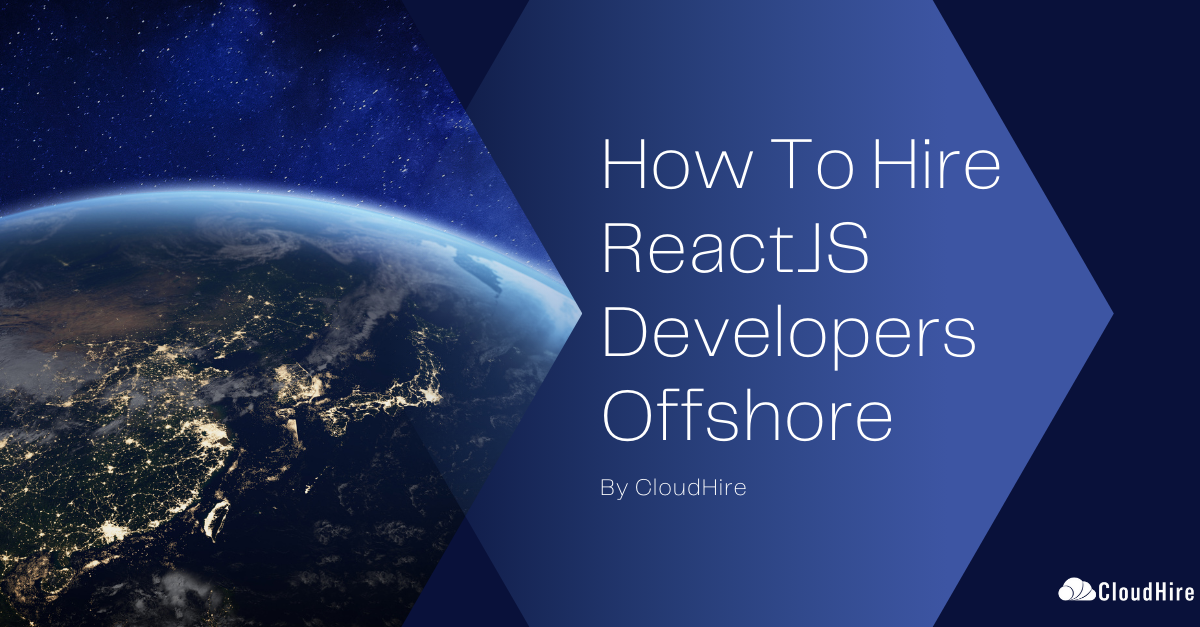In the rapidly evolving landscape of artificial intelligence and healthcare, innovative companies are emerging with solutions that promise to revolutionize patient care and education. One such pioneer is HIA Technologies Inc., a company that has developed a unique approach to delivering interactive, AI-enhanced medical content. Through a conversation with Vacit Arat, the CEO of HIA Technologies, we gained valuable insights into the challenges and strategies of building an AI-driven healthcare startup in today’s competitive market.
The Evolution of Patient Education
Traditional patient education methods have long been insufficient, often consisting of brief doctor visits followed by generic printed materials. HIA Technologies recognized this gap and developed a solution that leverages AI to create a more engaging and personalized educational experience for patients.
The company’s innovative platform, known as QVO (and its variant, IVO), transforms passive video content into interactive, two-way experiences. Patients can ask questions in real-time, receiving answers that have been pre-approved by healthcare professionals. This approach addresses a critical issue in healthcare: the limited time doctors have for patient education and the patient’s inability to ask all their questions during brief consultations.
Vacit Arat emphasized the importance of this solution, noting that doctors are often overwhelmed and lack the time to provide comprehensive education to their patients. By creating a platform that allows patients to engage with educational content at their own pace and ask questions as they arise, HIA Technologies is filling a crucial gap in the healthcare system.
AI-Driven Content Delivery: Balancing Automation and Expertise
One of the most intriguing aspects of HIA Technologies‘ approach is its use of “author-controlled AI.” This concept strikes a delicate balance between leveraging artificial intelligence’s power and maintaining medical professionals’ critical oversight.
The company uses AI in two primary ways:
- Semantic matching: When a patient asks a question, the system uses AI to find the most relevant pre-approved answer from its library.
- Content generation assistance: AI tools are used to help create comprehensive sets of questions and answers, which are then reviewed and approved by medical experts.
Importantly, HIA Technologies never allows AI to generate answers directly to patients without human oversight. This approach ensures accuracy and compliance with healthcare regulations while still benefiting from the efficiency and scalability of AI technology.
To maintain this high level of quality and expertise, HIA Technologies has assembled a Healthcare Advisory Council (HAC) consisting of 20 doctors who are experts in their respective fields. These professionals not only review content but also create it, ensuring that the information provided to patients is both accurate and relevant.
Scaling Strategies for AI Startups
Building and scaling an AI company in the healthcare sector presents unique challenges. Vacit Arat shared several key strategies that have helped HIA Technologies grow sustainably:
- Focused Development: The company maintains a laser focus on perfecting its core product before expanding into new markets or features. This approach allows them to establish a strong foundation and demonstrate clear value to potential investors and clients.
- Careful Resource Management: HIA Technologies practices strict financial discipline, hiring only when necessary and carefully considering each new feature or market expansion.
- Global Talent Acquisition: The company has built a team of skilled engineers from various countries, allowing them to access top talent at more competitive rates compared to Silicon Valley. This strategy aligns well with the services offered by global remote staffing companies like CloudHire, which specialize in connecting businesses with international talent pools.
- Strategic Partnerships: HIA Technologies has created a content marketplace model, partnering with doctors who create educational content in exchange for revenue sharing and stock options. This approach allows the company to scale its content library without incurring massive upfront costs.
- Regulatory Compliance: By designing their system to avoid handling personal health information directly, HIA Technologies has streamlined the often complex process of gaining approval from hospital IT departments.
Overcoming Healthcare Industry Challenges
The healthcare industry is notorious for its long sales cycles and complex decision-making processes. Vacit Arat shared an anecdote about a hospital executive expressing enthusiasm for their product, only for it to take nine months before they could meet with the IT department. This highlights the importance of patience and persistence when innovating in the healthcare sector.
To navigate these challenges, HIA Technologies focuses on building relationships with key decision-makers and demonstrating clear value propositions. They also ensure their product integrates smoothly with existing hospital systems and meets all necessary privacy and security requirements.
Expanding Horizons: Multilingual Capabilities and Future Growth
While currently focused on the U.S. market, HIA Technologies is laying the groundwork for future expansion. Their platform now supports multilingual capabilities, allowing patients to ask questions and receive answers in their preferred language, even if the original content was created in English. This feature not only enhances accessibility but also positions the company for potential international growth.
As it prepares for its Series A funding round, HIA Technologies is carefully considering its next steps for expansion. Potential areas for growth include adapting their technology for use in collegiate education and exploring applications in consumer markets, particularly in marketing and advertising.
Lessons for AI Innovators
The journey of HIA Technologies offers valuable lessons for other AI startups, particularly those operating in highly regulated industries:
- Prioritize Control and Accuracy: In sensitive fields like healthcare, it’s crucial to maintain human oversight over AI outputs. HIA Technologies’ “author-controlled AI” approach demonstrates how to leverage AI’s capabilities while ensuring accuracy and compliance.
- Focus on Solving Real Problems: By addressing the genuine need for better patient education, HIA Technologies has found a niche that resonates with both healthcare providers and patients.
- Build Strategic Partnerships: Collaborating with industry experts not only enhances the quality of the product but can also provide a scalable model for content creation and validation.
- Practice Financial Discipline: Careful resource management and a focus on sustainable growth are essential, especially in industries with long sales cycles.
- Plan for Scalability: While focusing on a core market is important initially, designing systems with future expansion in mind can facilitate growth into new markets and applications.
- Leverage Global Talent: In the age of remote work, accessing international talent pools can provide a competitive advantage. Companies like CloudHire specialize in helping businesses find and manage global remote talent, which can be particularly valuable for AI startups looking to scale efficiently.
Conclusion
The story of HIA Technologies illustrates the immense potential of AI in healthcare, particularly in addressing long-standing challenges like patient education. By combining innovative technology with rigorous medical expertise and strategic business practices, the company is charting a course through the complex landscape of healthcare innovation.
As AI continues to transform various industries, the lessons learned from companies like HIA Technologies will be invaluable. Their approach demonstrates that successful AI innovation isn’t just about cutting-edge technology—it’s about solving real problems, ensuring accuracy and compliance, and building sustainable business models.
For other startups looking to make their mark in the AI space, whether in healthcare or other sectors, the key takeaways are clear: focus on genuine problems, prioritize accuracy and control, build strategic partnerships, manage resources carefully, and leverage global talent pools. By following these principles, the next generation of AI innovators can navigate the challenges of their respective industries and create solutions that truly make a difference.








